Approach:
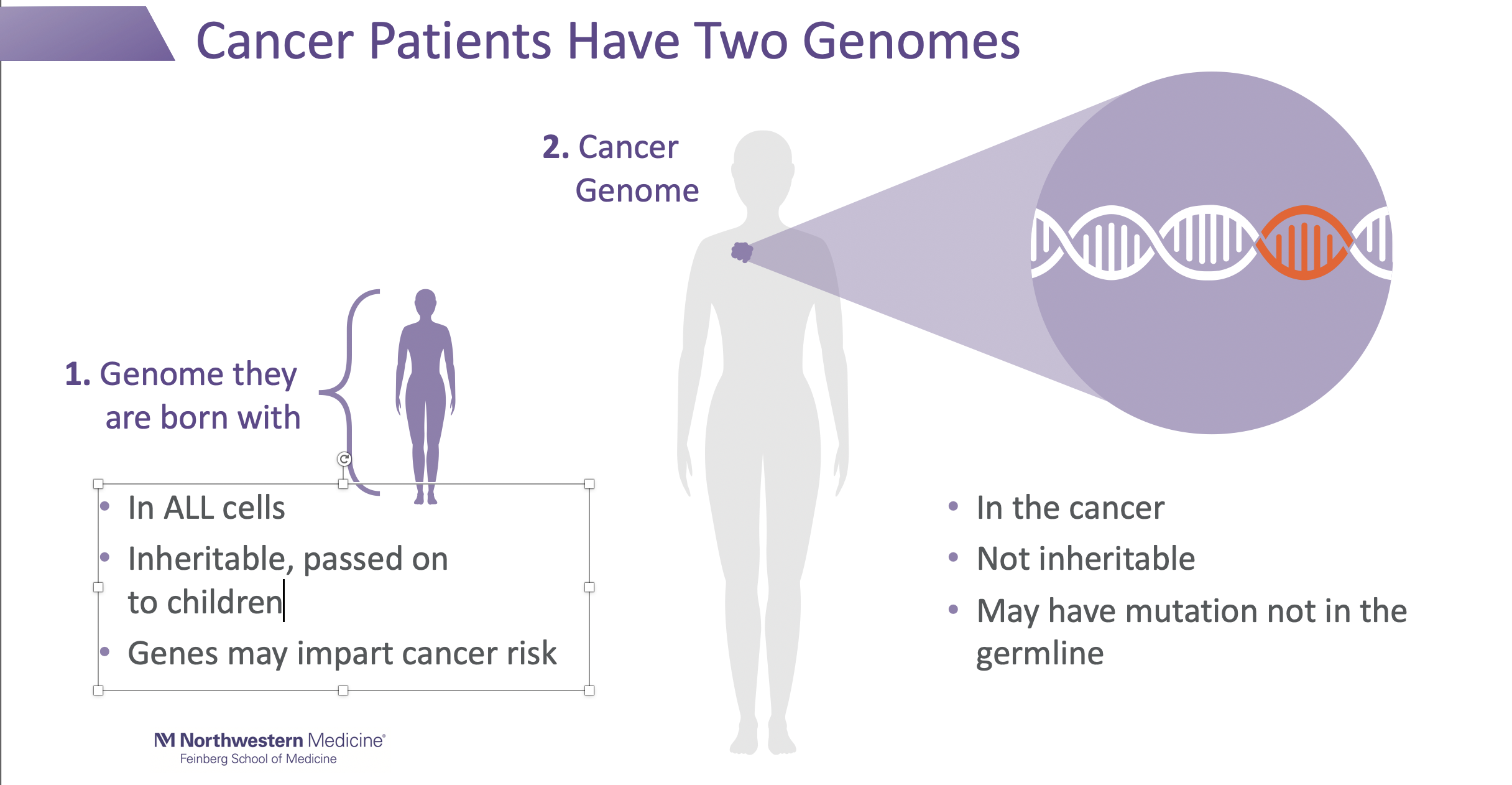
We apply our robust genomic pipelines to identify and functionally validate molecular drivers of cancer and autoimmune disease. These events can be leveraged to identify clinically actionable biomarkers and novel therapeutic targets.
Since cancer is fundamentally a genetic disease, our initial focus is to identify the tumor mutations that drive cancer phenotypes.
Cutaneous T Cell Lymphoma
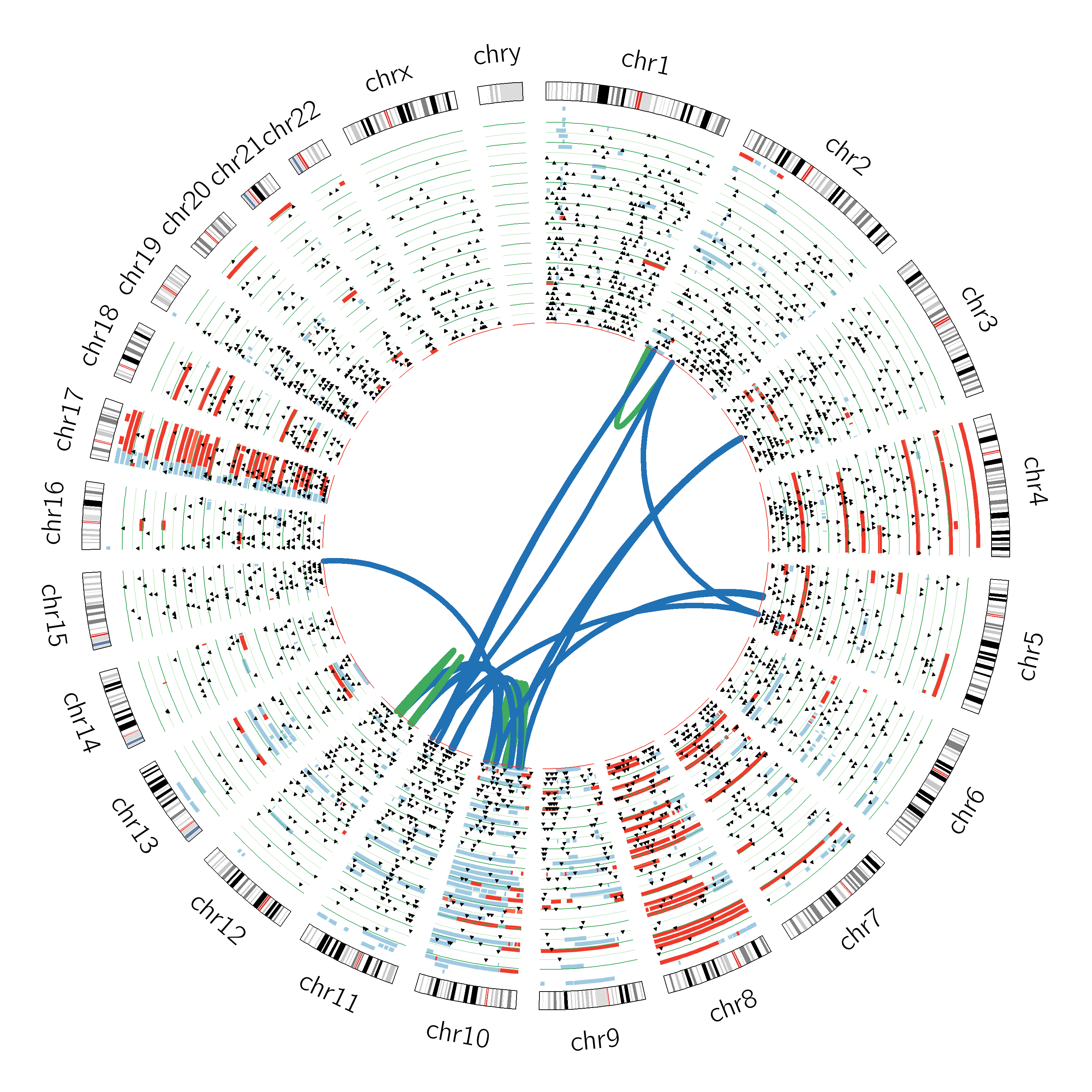
Cutaneous T Cell Lymphomas (CTCLs) are a heterogeneous group of uncommon but incurable lymphomas of skin-homing T cells. We have analyzed genome-wide DNA- and RNA-sequencing data from 220 CTCLs to identify a high-resolution genetic map of disease. A disproportionate number of these molecular drivers affect T cell receptor signaling and T cell differentiation. These data are summarized in multiple manuscripts, including two recently published in Nature Genetics and in Blood.
Merkel Cell Carcinoma
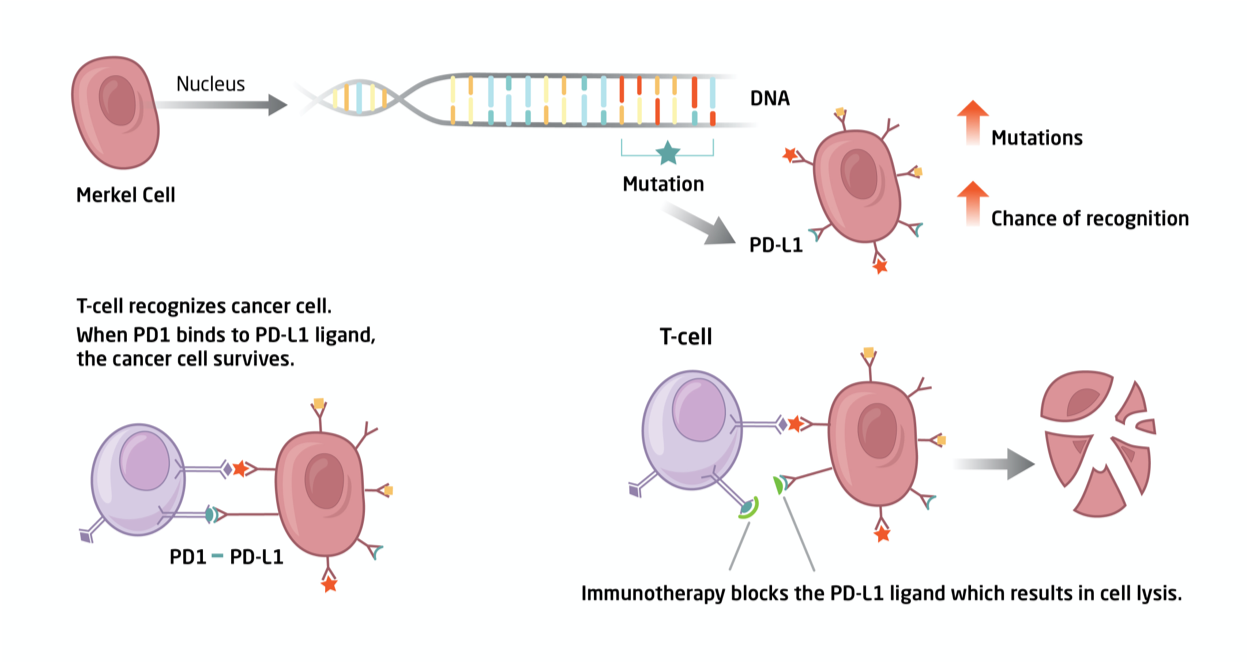
Merkel cell carcinomas are the most deadly skin cancers on a case-by-case basis. We utilized genome sequencing to identify the putative cancer-promoting mutations and the mechanisms by which MCCs are visible to the immune system. These discoveries have led to some interesting insights.
We find the two MCC subtypes have distinct reasons for being immunogenic. The Merkel cell polyomavirus positive MCCs express non-self viral antigens. The virus-negative MCCs harbor 100’s to 1000’s of mutations which lead to the production of tumor neoantigens. These data help explain how both virus negative and virus positive MCCs respond to immune checkpoint blockade.
We also speculate that these highly divergent mutational signatures suggest distinct cells of origin. Please read our review highlighting the possible distinct cells of origin in MCC.
Cutaneous B Cell Lymphoma

We have identified recurrent mutations in cutaneous B cell lymphomas that prevent the cancers from being attacked by the host immune system. We are leveraging these for rationally designed immunotherapies for the deadliest forms of CBCL.
Melanoma
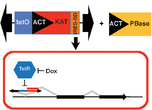
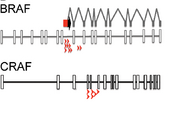

We have utilized forward genetic screens coupled with next-generation sequencing to identify the molecular basis of melanoma subtypes, such as drug-resistant melanomas.